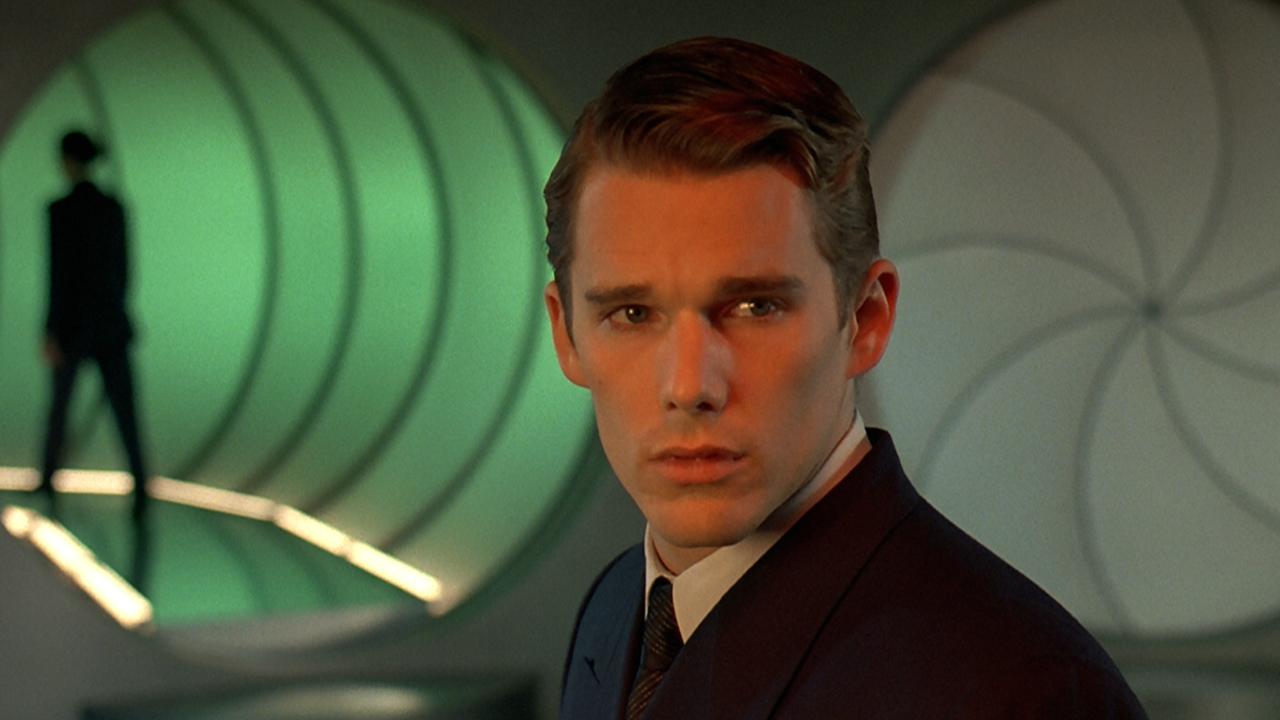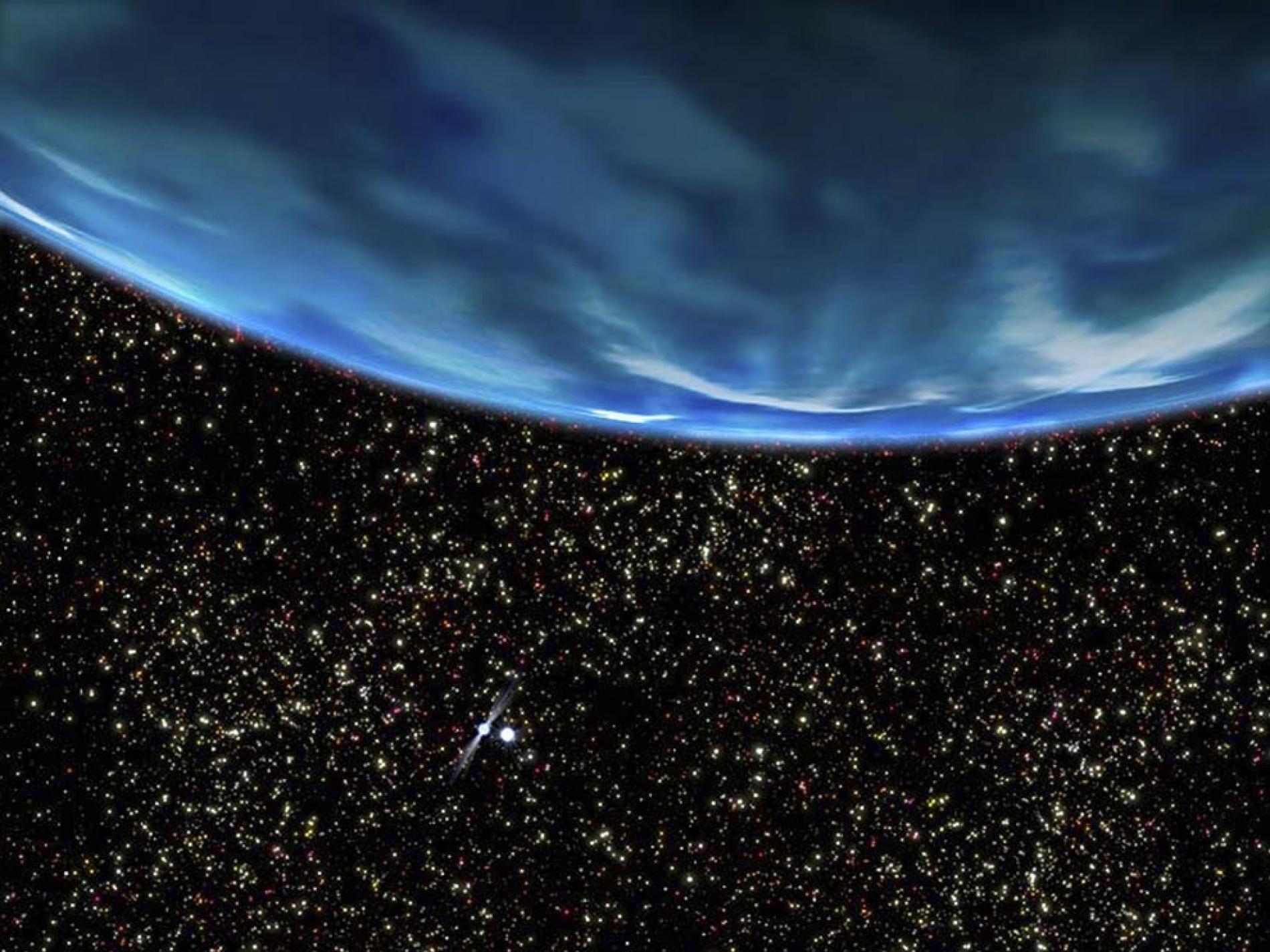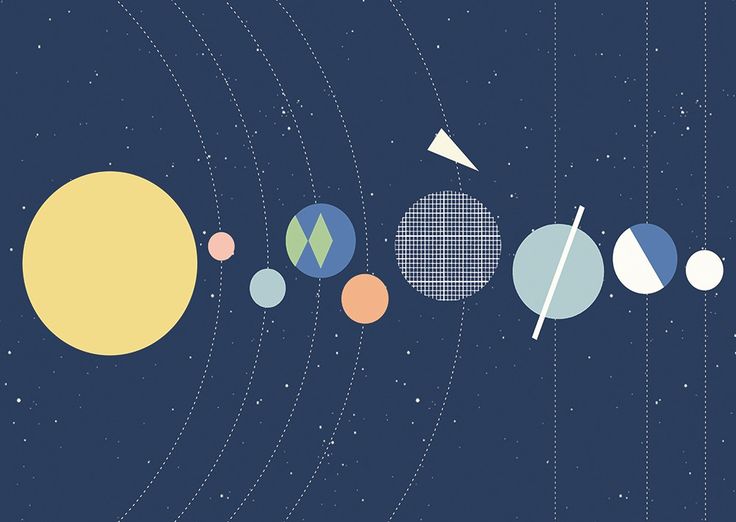[su_dropcap style=”” size=”4″]I[/su_dropcap]n 1997, the talented director Andrew Niccol crafted a film called Gattaca, which consequently changed my world. I was required to immerse myself in this profound sci-fi script for an entire year back in 2006 — little did I know, it would set forth a long, endearing journey into the world of filmmaking and moving images.
Whilst the film has many memorable moments, the scene that resonated with me the most occur at the end of the film:
[scrippet]
INT. SPACECRAFT. NIGHT. We focus on JEROME's face - seeing little if any of the craft. Jerome's eyes are closed. His head is still - alarmingly still. Could the launch itself have been too much for him? He hear the thoughts in his head. JEROME(VO) For someone who was never meant for this world, I must confess I'm suddenly having a hard time leaving it. [b]Of course, they say every atom in our bodies was once part of a star. Maybe I'm not leaving... maybe I'm going home.[/b] Jerome's eyes blink open. He holds the letter from Eugene in his hand. It contains no words, merely a lock of EUGENE'S hair - for once preserved solely for its sentimental value. The hair, weightless, floats off the page. We focus on a porthole looking out upon a starscape.
[/scrippet]
My admiration for space began in primary school when I was first introduced to the solar system. Astronomy had always been a favourite topic of mine in Physics classes — to explore and discover the world beyond our planet was a key fascination during my childhood years.

I used to spend quite a bit of time thinking about an alternate universe. Whether a multiverse exists. What would the world look like in an alternate universe? Would time travel lead us there? If decisions were made differently, how would my life or yours be any different, would we exist? Why did I ask these questions back then? I ask myself today, and the truth is, I don’t exactly know.
The greatest curiosity is to discover more about the world that we still barely be able to fathom. There are so many unknown unknowns. Yet, we have come a very long way in the past few centuries, thanks to the countless number of scientists, philosophers and failed alchemists.
Human consciousness is a powerful force. Our consciousness helps us to learn how to think, and thinking well helps us to learn faster. We can also think more deliberately and purposefully when we are fully aware of what we are searching for. That consciousness leads us to start questioning our past and wonder about our future. We could even determine our own future and also the future of others, owing to incalculable courage and sheer will. That’s when breakthrough happens — and that’s also the overall message of Gattaca.
We also happen to have a powerful imagination. It can bring out the best or worst in us. We can live to fulfil our dreams or live with our fears. The biggest fear is tomorrow, what will it look like? As much as we try to predict, uncertainty is our mysterious best friend, always around but refuse to show itself.

Then, I am reminded that no matter what happens, we are just atoms that were once part of a star that exploded billions of years ago. And for all of our brilliance — when we die — we are no different to the plants, animals or dinosaurs that came before us. What makes us unique isn’t so much who we are but how we think and what we do with the output of that thinking. Everything that we have achieved collectively over thousands of years is to continue to pursue this great curiosity. By acquiring more knowledge about the world around us, we can advance humanity to ensure the survival of our kind, and achieve immortality — though I prefer not to live that long.
Until we solve death by discovering the holy grail to immortality, that will enable us to relinquish our consciousness to a sentient devicee, we are just curious beings on this planet. Our consciousness and our imagination are nature’s creative gifts to the human race, although we may be composed of atoms — they are more than atoms — with or without explosion.

